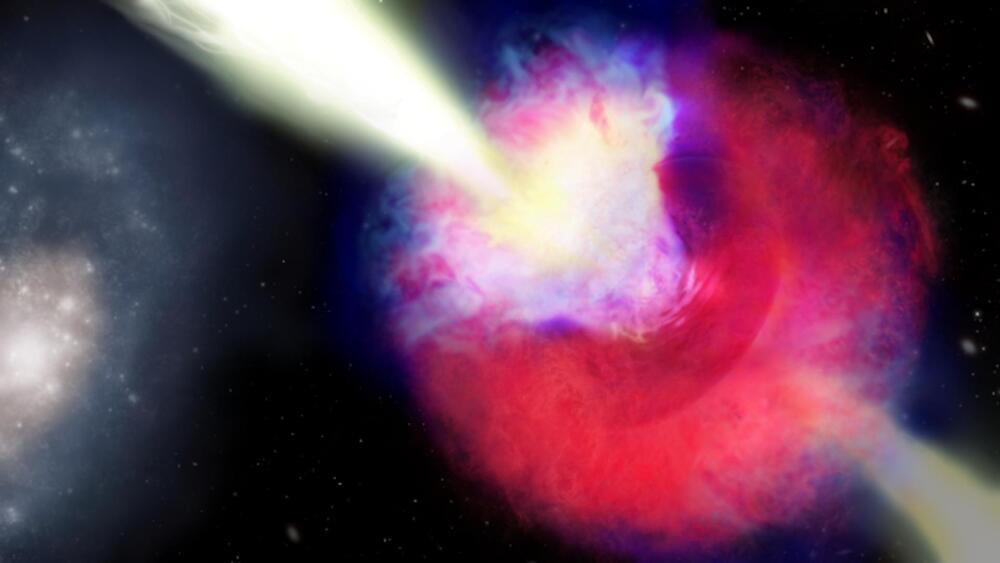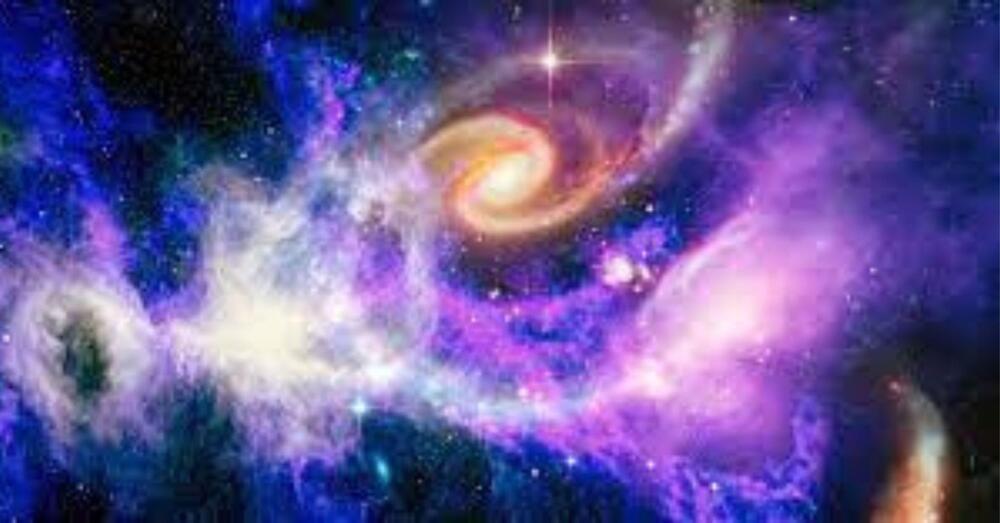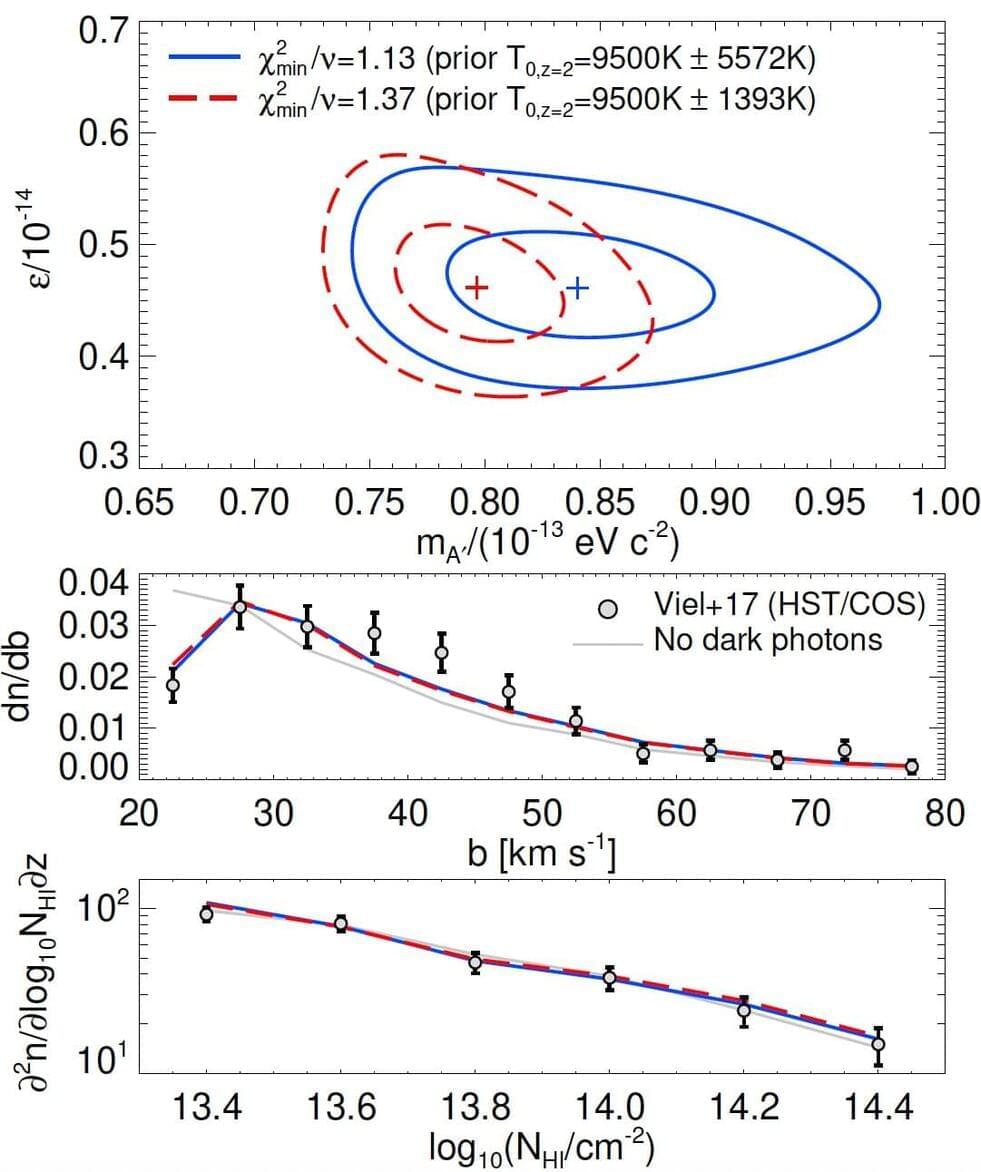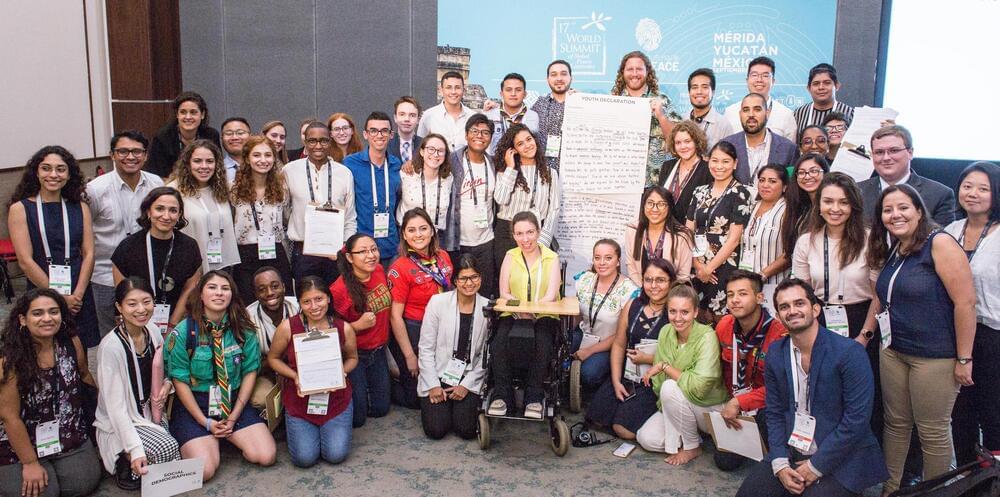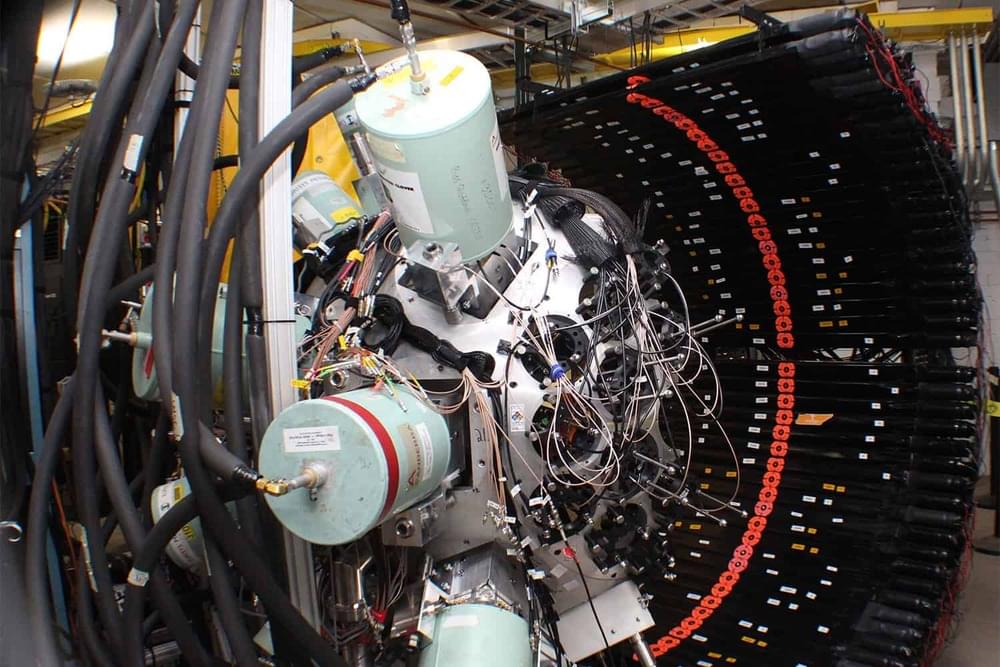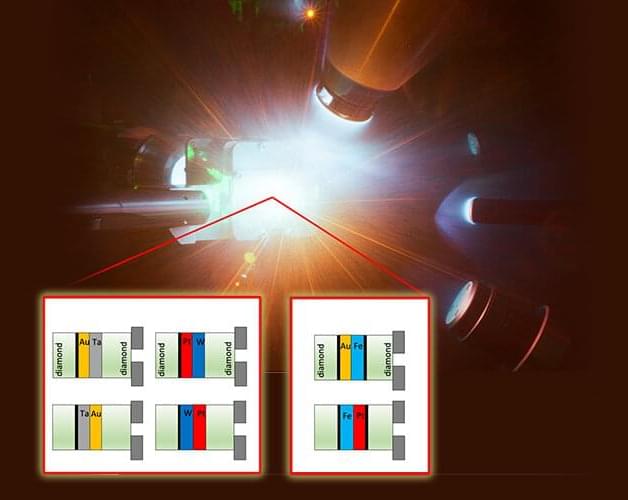Until now, it was thought they came from massive star collapses.
Astrophysicists around the world may be shocked to learn that long gamma-ray bursts (GRBs) do not solely come from the collapse of massive stars. A new study by astrophysicists at Northwestern University upends the long-standing belief, uncovering new evidence that at least some long GRBs can result from neutron star mergers, which were previously believed to produce only short GRBs, the university’s publication reported.
It all began in December 2021 when the team detected a 50-second-long GRB (any GRB longer than 2 seconds is considered ‘long’).
Aaron M. Geller/Northwestern/CIERA and IT Research Computing Services.
A new study by astrophysicists at Northwestern University upends the long-standing belief, uncovering new evidence that at least some long GRBs can result from neutron star mergers, which were previously believed to produce only short GRBs, the university’s publication reported.
